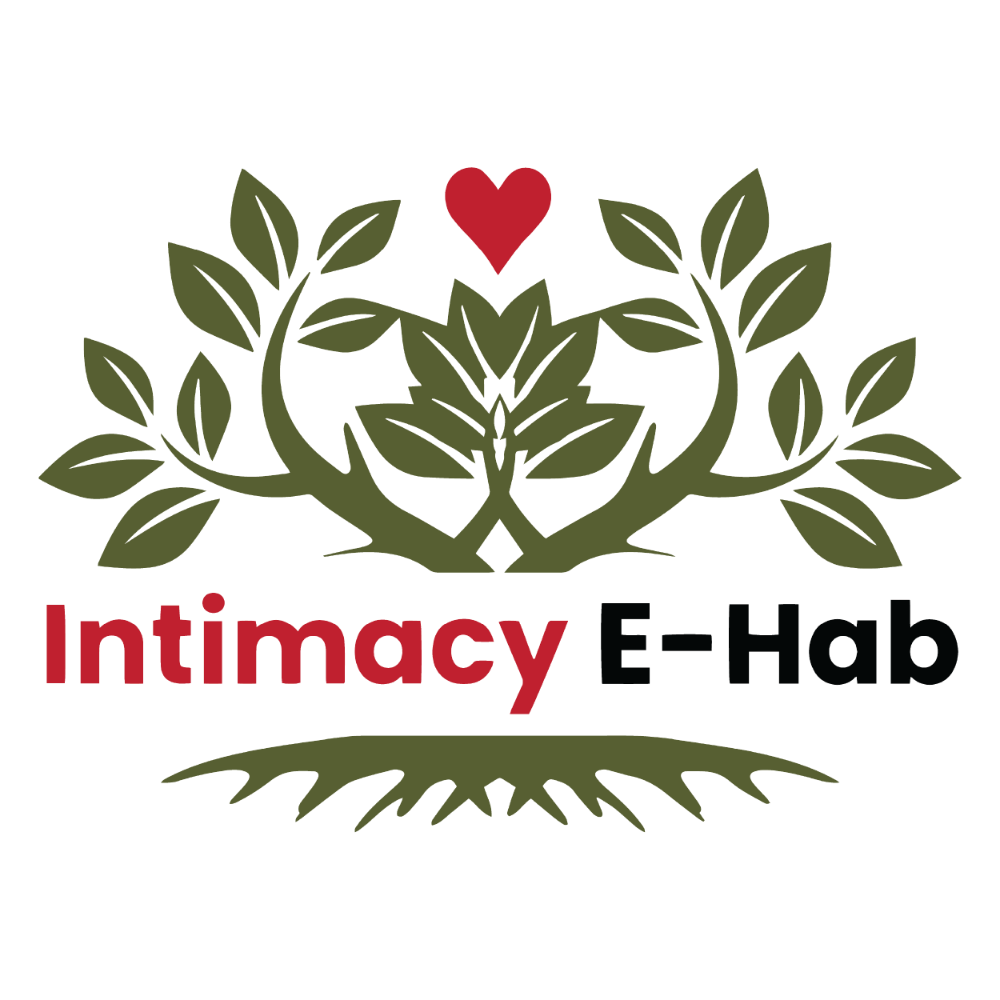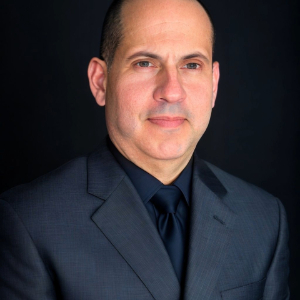
The Fly and the Cheetah
Jun 22, 2025Time, Truth, and the Tools We Use: Reflections on Presence in Clinical Work
A Child's Wisdom
After my son's baseball game, we sat on a bench together. That's when he told me: "The fly is faster than the cheetah." He wasn't repeating something he'd heard—he was working it out for himself, paying attention to his actual experience rather than accepted facts. A fly zipping around him felt faster than any animal in a nature documentary.
Sitting there, I started thinking about how gratitude and full presence change our experience of time. When we're truly immersed in something, time shifts. The drive home feels instant. The session hour disappears. We stop tracking distance and effort—we're just there.
I thought about how young children experience time differently. For them, each moment hasn't yet condensed into routine. Time doesn't rush or drag—it simply is.
Then on the drive home, unprompted, my son said: "When you're enjoying the drive, you forget you're driving... and then you're just there. Like when you sleep—you close your eyes and bam, it's morning."
The same insight I'd been sitting with, now spoken by a 7-year-old in his own words. Not because I taught it to him, but because we'd both noticed something true.
What This Means for Our Work
That moment crystallized something I've been thinking about: the quality of reflection we receive depends entirely on the honesty of what we offer.
Whether we're using AI tools for documentation, consulting with colleagues, or sitting with clients—the mirror only shows what we bring to it. If I'm guarded or performing, that's what reflects back. If I'm genuinely searching, the tool (human or digital) can actually help me find something.
This matters clinically because we're constantly choosing between clarity and ambiguity, between precision and protective vagueness.
Three Ways We Transmit Truth
I've noticed three honest approaches:
The Explorer doesn't have all the answers yet. They're still searching, still learning. Their "I don't know" isn't avoidance—it's honesty. Many of us work this way with our most complex clients, and that's appropriate.
The Comedian sees the difficult truth and releases it with humor or directness. They say what everyone else is thinking but won't voice. There's therapeutic value in this precision—naming the thing clearly, without drama.
The Child simply reports their experience without filtering it through what they're "supposed to" see. This is where our clients often start, and it's where real insight begins.
What Actually Makes a Difference
Here's what I keep returning to: we don't need every answer. We need to stay honest about the questions—especially when we're using tools (clinical frameworks, AI documentation systems, supervision, our own presence) to see ourselves and our clients more clearly.
The fly and the cheetah. A child's unfiltered observation. A moment when two people see the same truth from different windows. These aren't poetic flourishes—they're what actually matters in our work.
The tools we use—digital or human—will reflect the honesty we bring to them. Nothing more, nothing less.
Don't miss a beat!
New moves, motivation, and classes delivered to your inbox.
We hate SPAM. We will never sell your information, for any reason.


